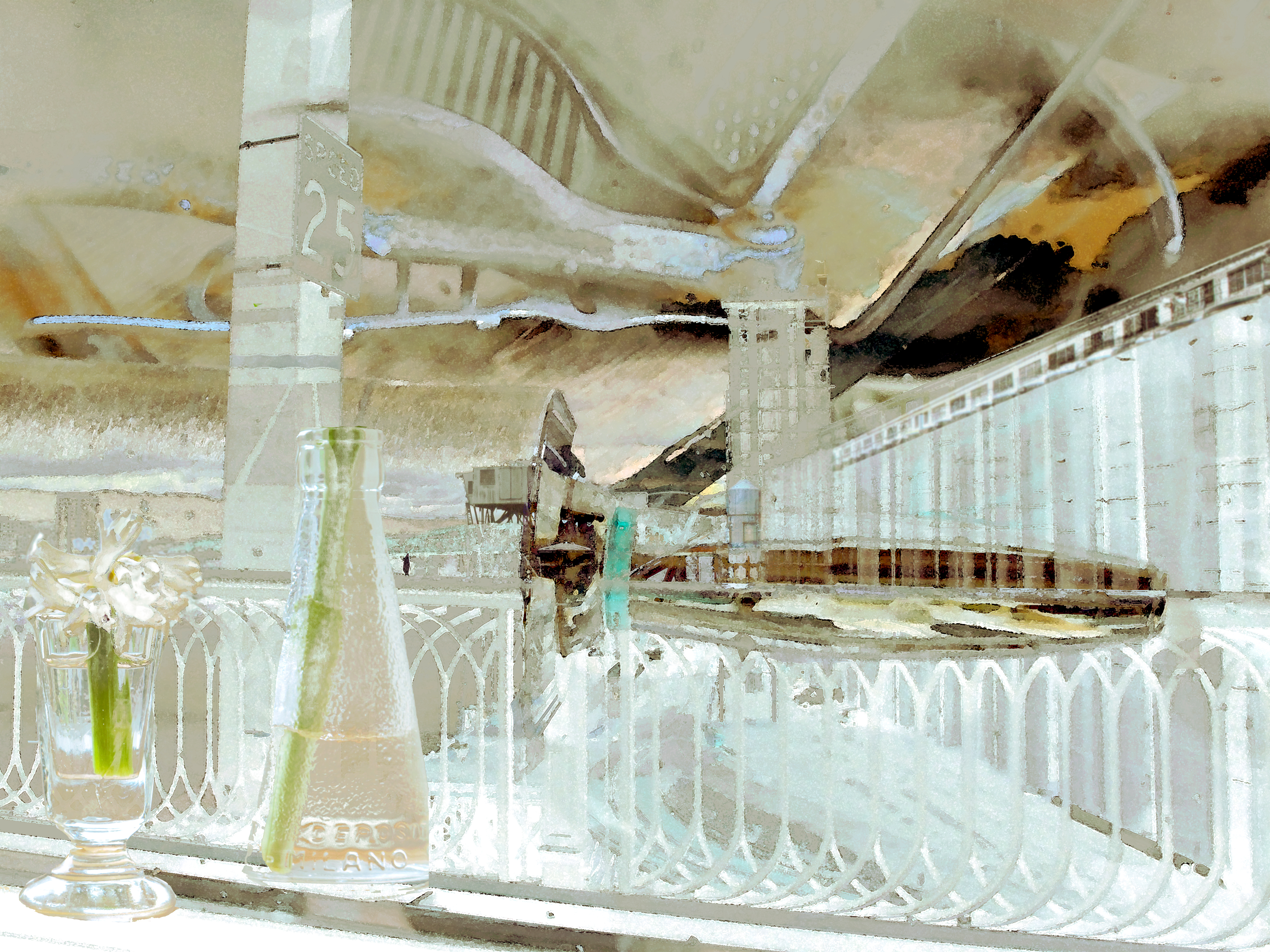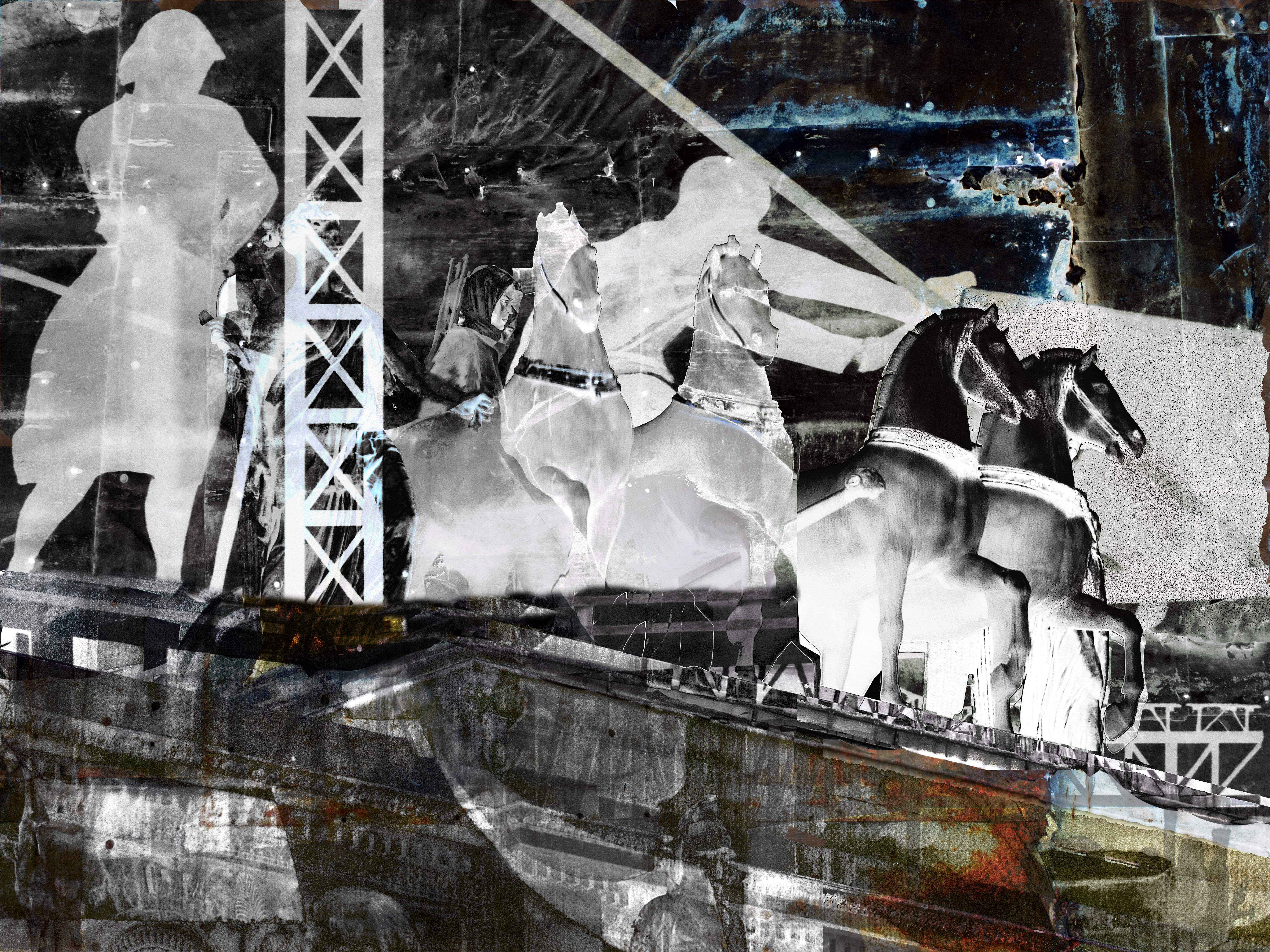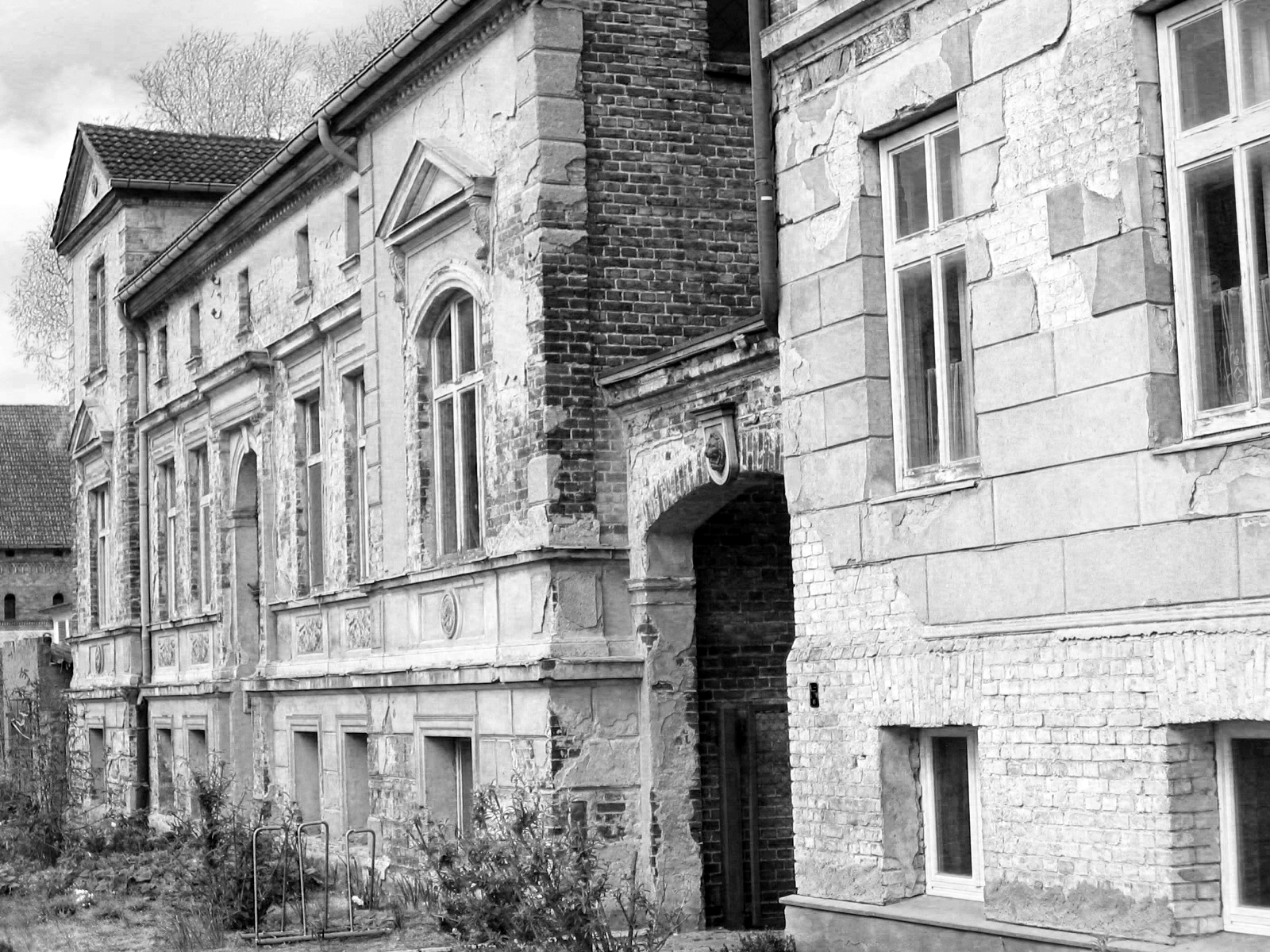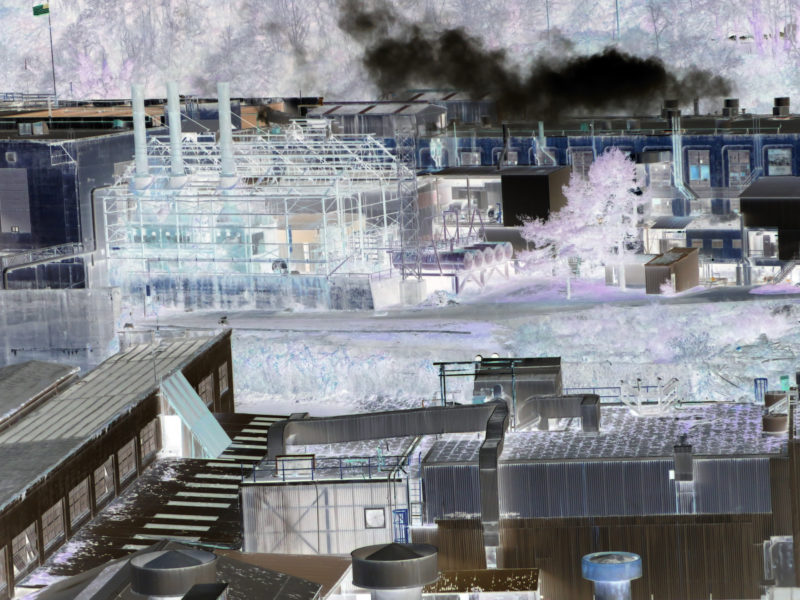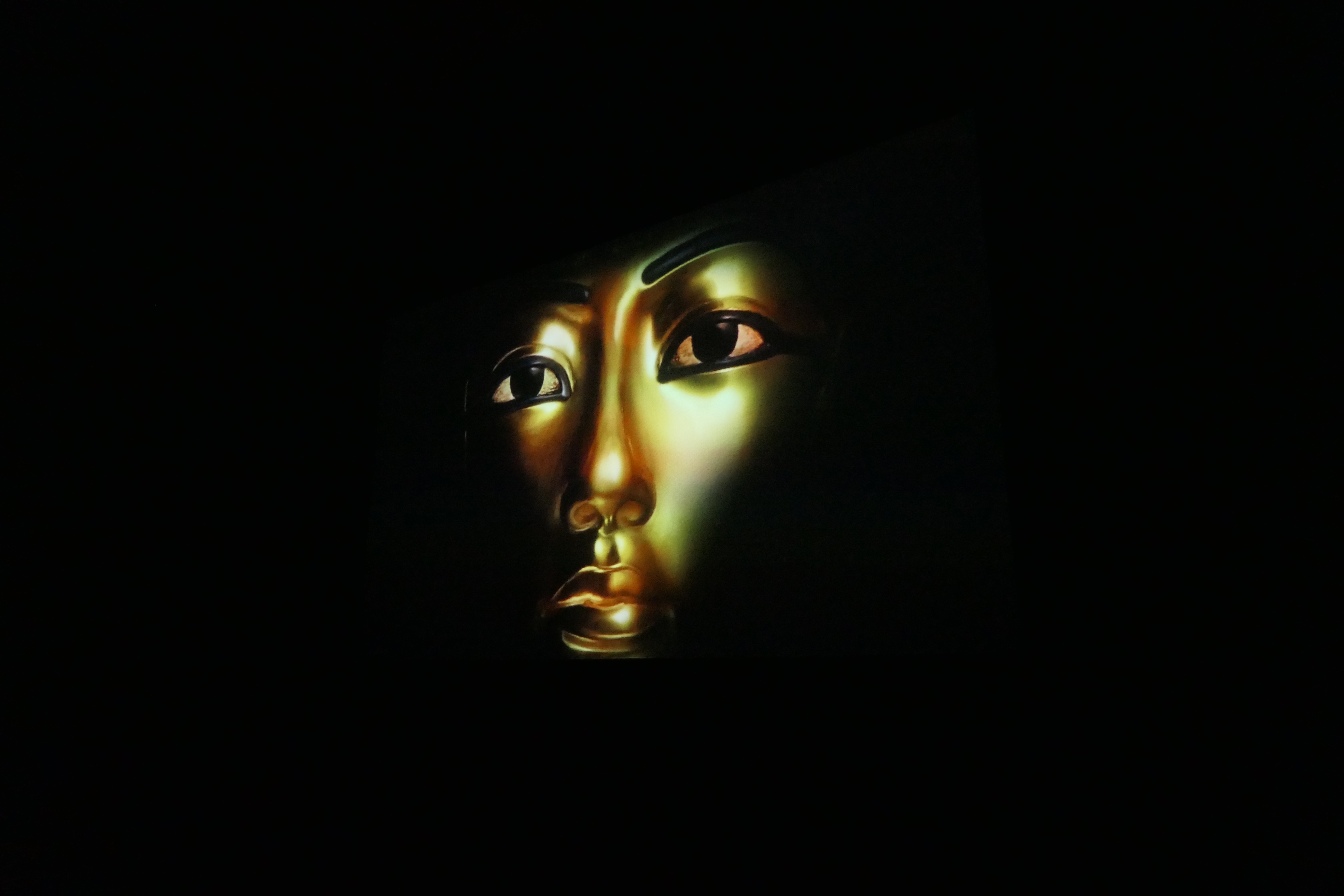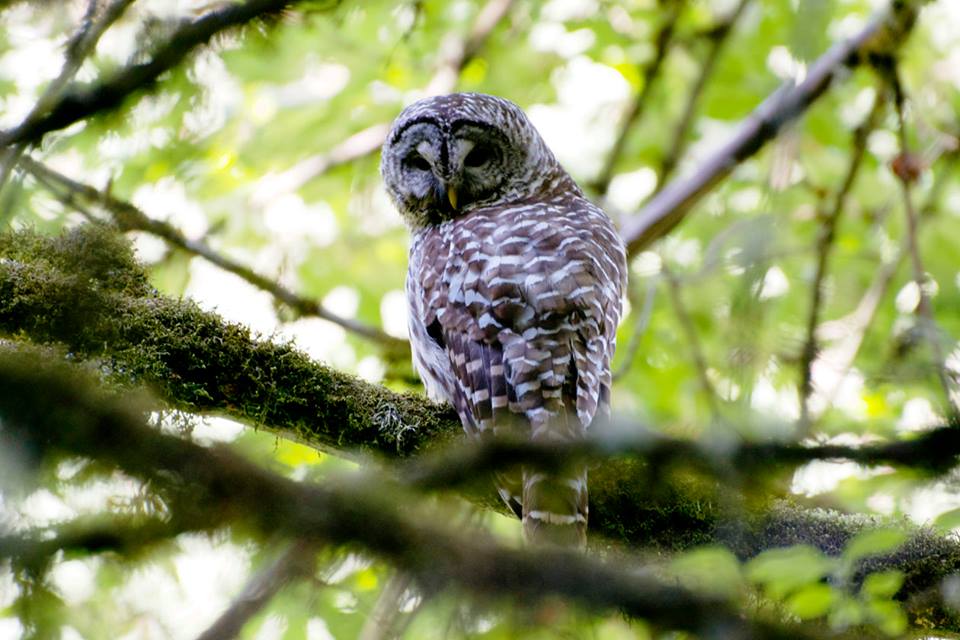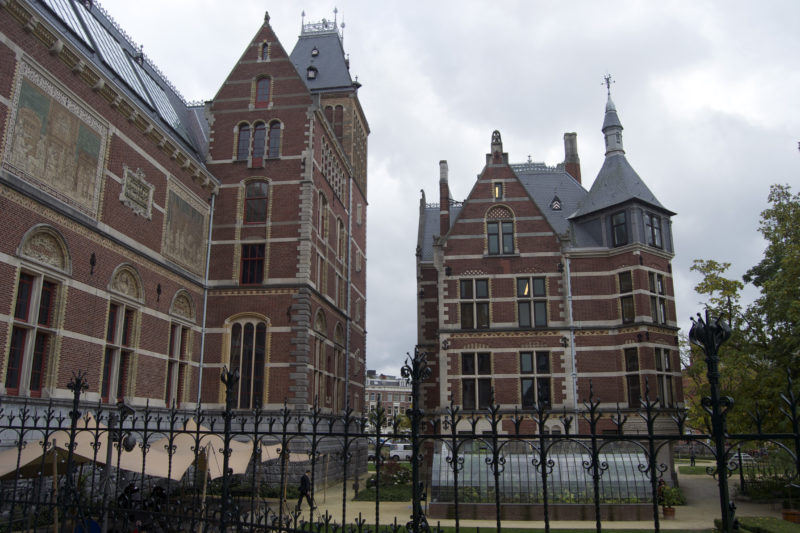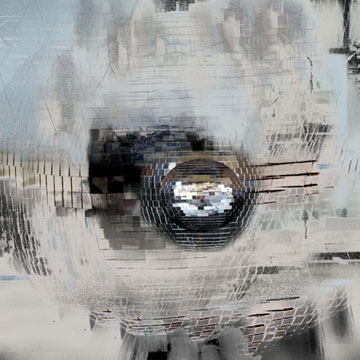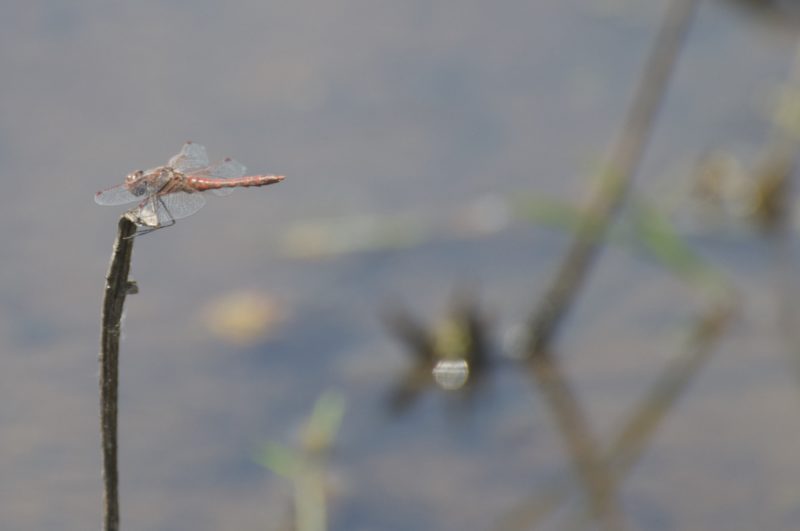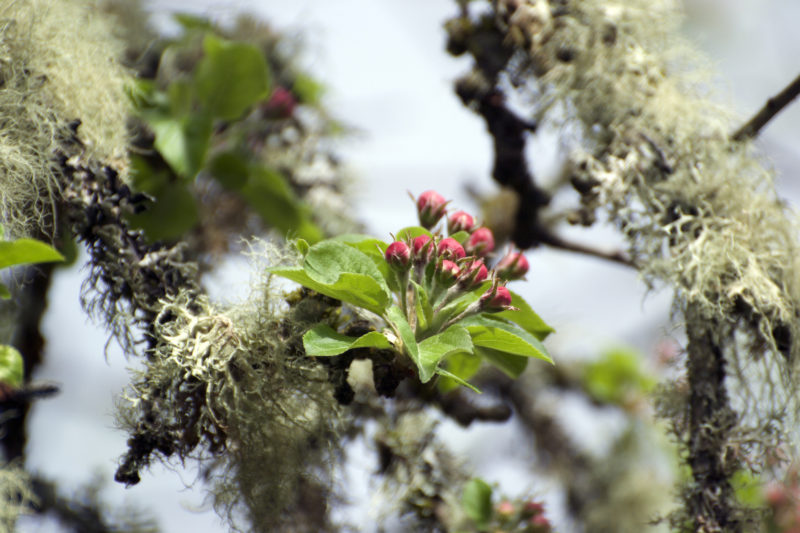
To close the week I’ll post Ginsberg’s poem Hospital Window, written in response to the last battle of the Vietnam War, mourning futile deaths in a futile war.

Here is the Wiki summary of the Mayaguez Crisis:
The Mayaguez incident took place between Kampuchea and the United States from May 12–15, 1975, less than a month after the Khmer Rouge took control of the capital Phnom Penh ousting the U.S. backed Khmer Republic. It was the last official battle of the Vietnam War. The names of the Americans killed, as well as those of three U.S. Marines who were left behind on the island of Koh Tangafter the battle and were subsequently executed by the Khmer Rouge, are the last names on the Vietnam Veterans Memorial. The merchant ship’s crew, whose seizure at sea had prompted the U.S. attack, had been released in good health, unknown to the U.S. Marines or the U.S. command of the operation before they attacked. Nevertheless, the Marines boarded and recaptured the ship anchored offshore a Cambodian island, finding it empty

In response to the poem, I have been working over the last weeks on sketching still lives with bridges, looking from the inside out to a world where crossings lead us in all kinds of directions, challenged by longing and choices. The Brooklyn Bridge (above), part of the poem below, is among them.

Hospital Window
At gauzy dusk, thin haze like cigarette smoke
ribbons past Chrysler Building’s silver fins
tapering delicately needletopped, Empire State’s
taller antenna filmed milky lit amid blocks
black and white apartmenting veil’d sky over Manhattan,
offices new built dark glassed in blueish heaven–The East
50’s & 60’s covered with castles & watertowers, seven storied
tar-topped house-banks over York Avenue, late may-green trees
surrounding Rockefellers’ blue domed medical arbor–
Geodesic science at the waters edge–Cars running up
East River Drive, & parked at N.Y. Hospital’s oval door
where perfect tulips flower the health of a thousand sick souls
trembling inside hospital rooms. Triboro bridge steel-spiked
penthouse orange roofs, sunset tinges the river and in a few
Bronx windows, some magnesium vapor brilliances’re
spotted five floors above E 59th St under grey painted bridge
trestles. Way downstream along the river, as Monet saw Thames
100 years ago, Con Edison smokestacks 14th street,
& Brooklyn Bridge’s skeined dim in modern mists–
Pipes sticking up to sky nine smokestacks huge visible–
U.N. Building hangs under an orange crane, & red lights on
vertical avenues below the trees turn green at the nod
of a skull with a mild nerve ache. Dim dharma, I return
to this spectacle after weeks of poisoned lassitude, my thighs
belly chest & arms covered with poxied welts,
head pains fading back of the neck, right eyebrow cheek
mouth paralyzed–from taking the wrong medicine, sweated
too much in the forehead helpless, covered my rage from
gorge to prostate with grinding jaw and tightening anus
not released the weeping scream of horror at robot Mayaguez
World self ton billions metal grief unloaded
Pnom Penh to Nakon Thanom, Santiago & Tehran.
Fresh warm breeze in the window, day’s release
from pain, cars float downside the bridge trestle
and uncounted building-wall windows multiplied a mile
deep into ash-delicate sky beguile
my empty mind. A seagull passes alone wings
spread silent over roofs.
May 20, 1975 Mayaguez Crisis
Allen Ginsberg

Music today:Three Manhattan Bridges….https://www.youtube.com/watch?v=cw5L_orYl8I

